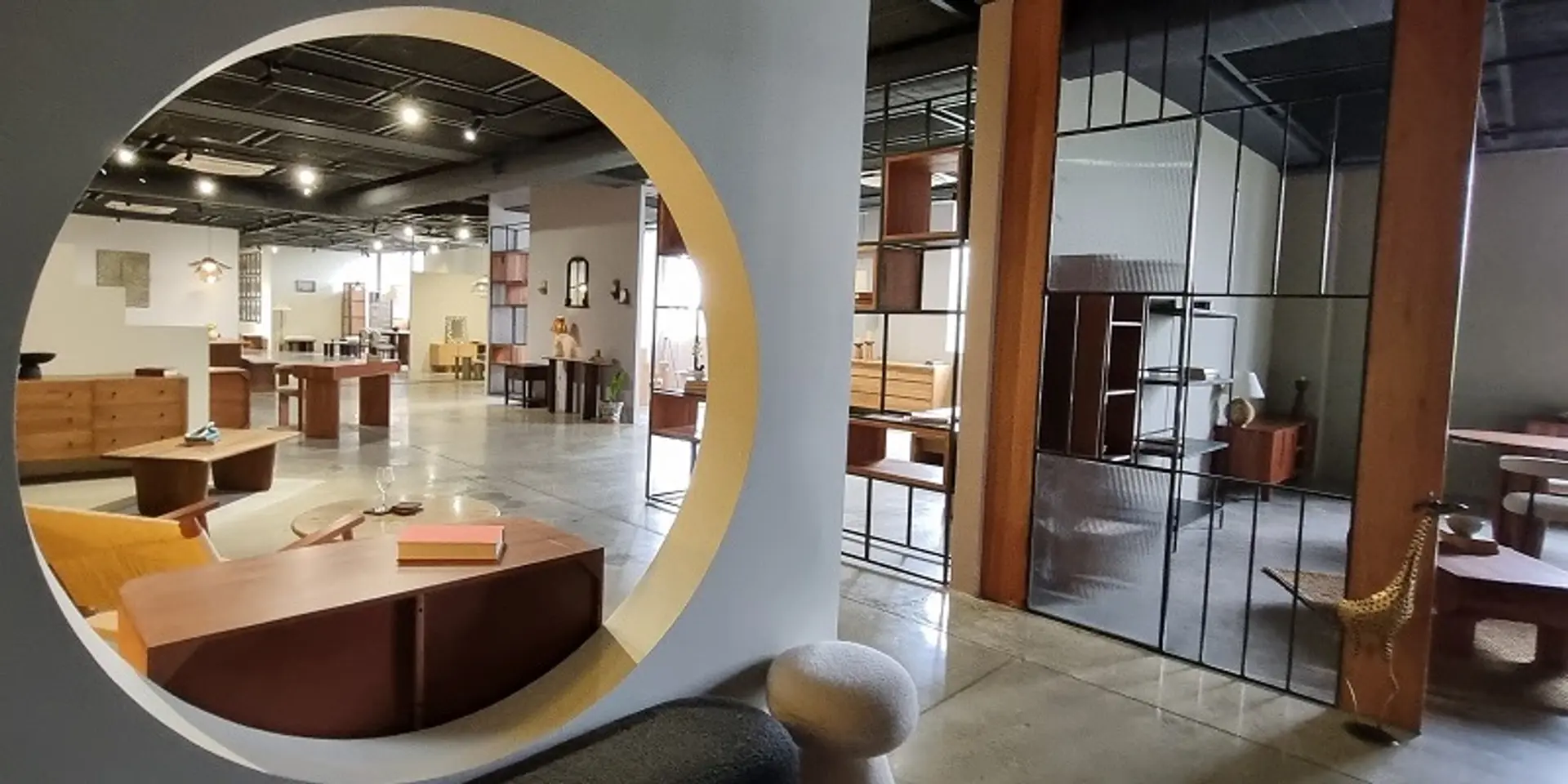Designing for the times–how this Jodhpur furniture manufacturer targets global and local markets
Jodhpur is a popular tourist attraction, and is also a leading furniture manufacturing hub as well. This two-part photo-essay shares some highlights and insights.
Launched in 2014, PhotoSparks is a weekly feature from YourStory, with photographs that celebrate the spirit of creativity and innovation. In the earlier 780 posts, we featured an art festival, cartoon gallery. world music festival, telecom expo, millets fair, climate change expo, wildlife conference, startup festival, Diwali rangoli, and jazz festival.
Founded in 1998 by Vinay Kumar Jain, Jodhpur-based Basant is a leading manufacturer and designer of furniture for global brands. Its clients include Zara Home, Pottery Barn, West Elm, and others.

Its domestic retail arm, Orange Tree, was launched by the founder’s son Gaurav Jain in 2014. Its offerings also include lighting and home décor.
Orange Tree engages with young designers on initiatives like sustainability as well. It recently launched a competition on regenerative design in partnership with design platform Raw Collaborative, to be completed at the end of the year.
After joining the family business and assessing the changing face of the industry, Jain added more elements of technology in the operations. “This is reflected in the circle around the last letters ‘NT’ in the name BASANT–this signifies new technology,” he explains to YourStory.

“We are also from the Sun City–so the circle represents the sun as well,” he adds.
There is emphasis on entrepreneurial attitude and learning from the next generation of designers and students. “We are also like a startup,” he says.
Jain recalled how visiting buyers from Europe emphasised the need to differentiate via unique designs and combinations of materials. Visits to Germany gave him inspiring insights about woodworking techniques and quality, and he imported a range of machinery to develop a new range of designs.

“During our next exhibition in New Delhi’s Pragai Maidan, many visitors were confused about this new modern image instead of the traditional handicraft image,” Jain recalls. However, this shift eventually attracted a growing number of buyers in India and overseas.
He also acknowledges the freedom he has had in the family business founded by his father. “He was a great mentor and did not always override me. I think I've been blessed to work with the best of the best,” he says, with pride and gratitude.
Trust is an important value inculcated in the company. “We do not have cameras for tracking people, but only for security, health and compliance,” he says.

Looking at the broader economy, he cautions that lack of focus on quality and safety can be damaging to customers and to Brand India. Examples include the health warnings and bans slapped on certain contaminated Indian spice products overseas.
“Our furniture products like Orange Tree’s lamps are held to the strictest European standards,” he says. Unfortunately, many other manufacturers and customers accept poorer safety for lower prices, as seen in the lack of airbags in many Indian cars.
The company invests heavily in R&D as well, with the current centre employing over 50 people from engineering, design, science, and other backgrounds.

At industry conferences, he continues to learn from experts and shares his own insights. “Travel has also opened my eyes to trends and best practices from around the world,” he adds.
“Our design journey took a different path, and we have won respect and appreciations. We are led by design for a global audience, but we still have our roots here,” he affirms.
This confidence is also in line with the growing pride in the country, local demand for world-class quality, and global recognition for India’s talent and creativity.

“Our designs are global – not Western, not Indian. They can fit in with any apartment, be it Mumbai or Miami,” he describes.
“Zara is not seen as only a Spanish brand. Taylor Swift’s music is not seen as only American music. They have global appeal,” Jain observes.
There will always be consumers who prefer purely local designs and materials, but there are also those who want a more international look. “There are other consumers who buy both types of furniture as well, and mix and match them for a different look,” he adds.

The company has three stores in Jodhpur, Hyderabad, and Bengaluru, with more to come in Ahmedabad and Pune.
The company has increased its focus on environmentally sustainable practices as well. These include waste reduction, upcycling, and use of eco-friendly materials.
Solar energy opens up another source of renewable power. The company is employing more water-based polishing materials instead of petro-chemicals.

As emerging trends in the industry, he points to the rise of GenAI in design. It has made a mark in terms of speed of output and recombinations, but the human touch is needed for final quality and relevance.
“I am for technology like AI, but we should not become over-dependent on it,” he signs off.
Now what have you done today to pause in your busy schedule and harness your creative side for a better world?










Gaurav Jain


(All photographs were taken by Madanmohan Rao on location in Jodhpur.)
Edited by Megha Reddy











